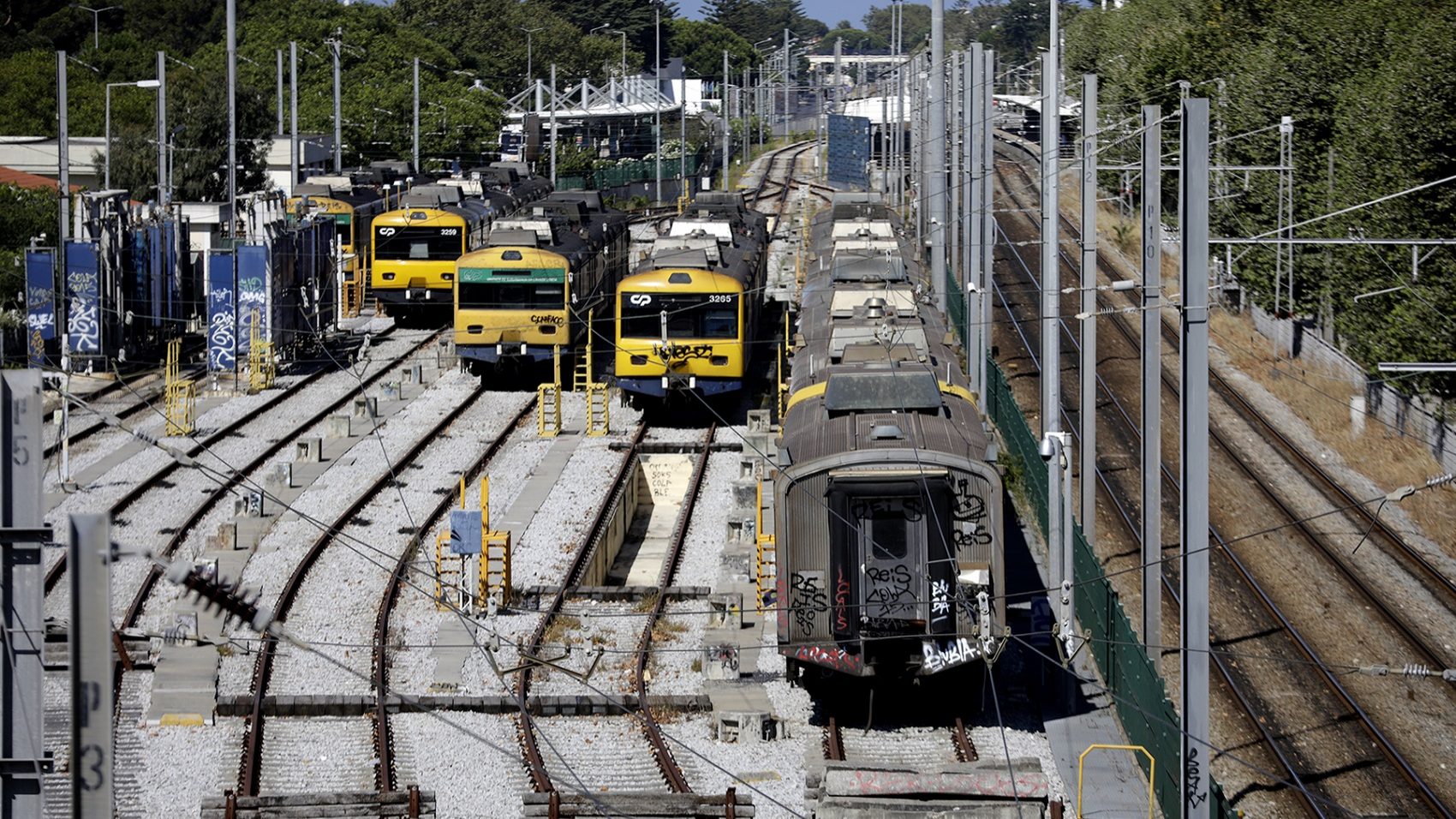Findings from Brussels’ eight post-programme surveillance report: hospitals, retirement reforms and house prices escalating
The Commission staff and the ECB, reported this Tuesday the findings from the eight mission in Lisbon last June. The report warns about indebtedness and notes the economic growth has been robust.
The report starts off by pointing out the relative moderation the Portuguese economy has shown, in line with the uncertainty in other EU markets, though admitting that “the short-term economic and financial situation of Portugal remains largely favourable” with “indebtedness decreasing and the fiscal position improving”.
However, debt levels are still high, and the executive summary of the report advised the Portuguese to focus on sustaining “the positive momentum”: the economic growth went up by 2.7%, a high value the Portuguese economy hadn’t witnessed for a while (since 2000).
Three warnings: High debts in hospitals, tourism exploitation and house prices, and professors’ careers progression
House prices have been rapidly increasing in the country. The main reason for this shift is the tourism boom, with house prices registering a year on year growth of 12.2%.
For the EC the explanation for this increase can be certainly found in the tourism intensification, ad it is impacting the families capacity of purchasing homes.
Another issue the report has indicated would be that the increase in professors and retirement allowances, which would ultimately mean a cost of 0.2% GDP in 2018, 0.2% in 2019, and 0.1% in 2020, possibly slowing down the economic growth.
The Portuguese outstanding debts (public sector arrears) are still increasing, mainly due to state-owned hospitals, the public sector arrears continue on a rising trend that is only mitigated by periodical ad-hoc clearances. By June 2018, the level of debt had returned to €1.1 bn recorded in the same period in 2017, although there had been ad-hoc funding provided to hospitals since December.
Hospitals, professors wages and retirement reforms, and house prices were highlighted by Brussels, in spite of the positive economic growth witnessed over the last few years.




